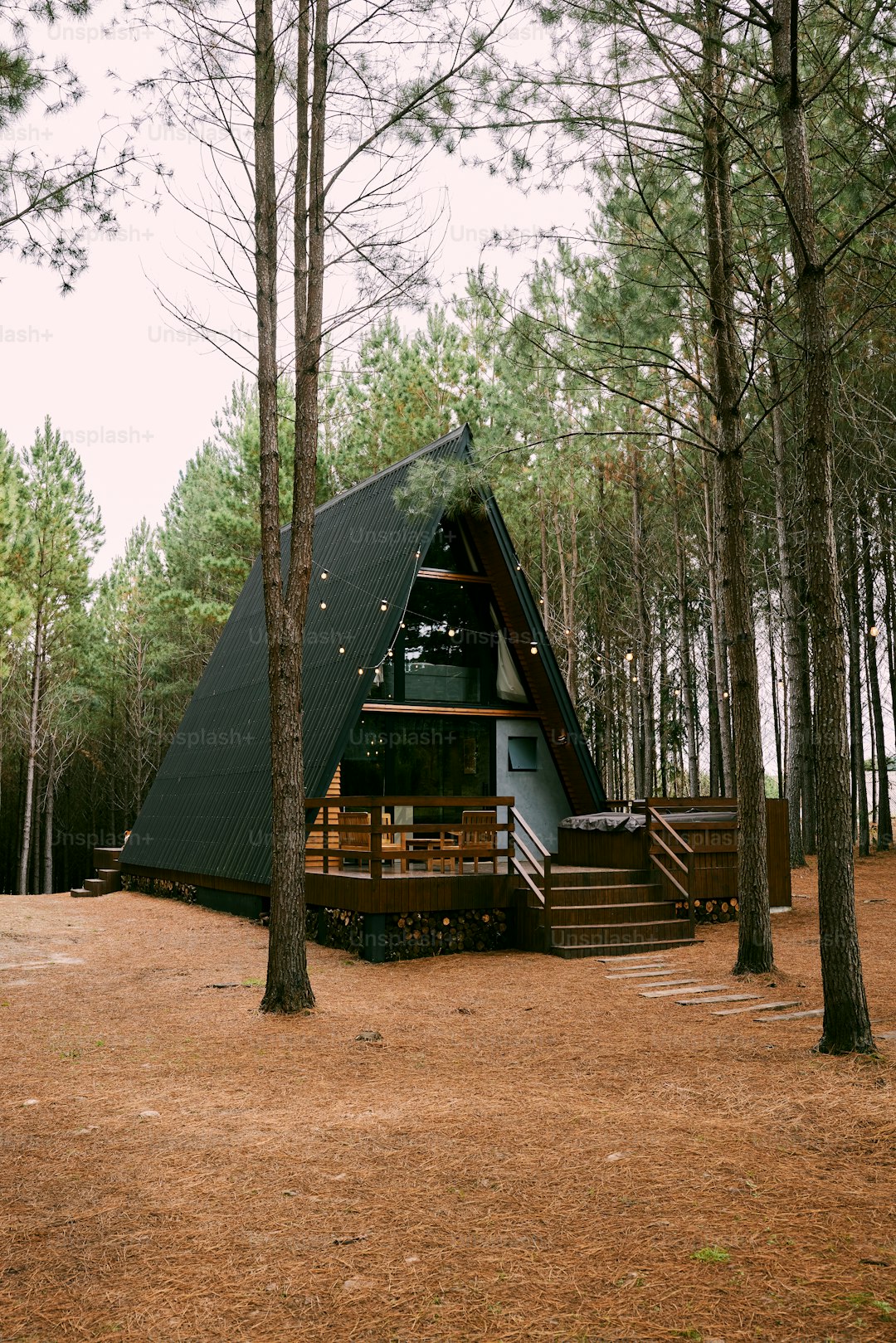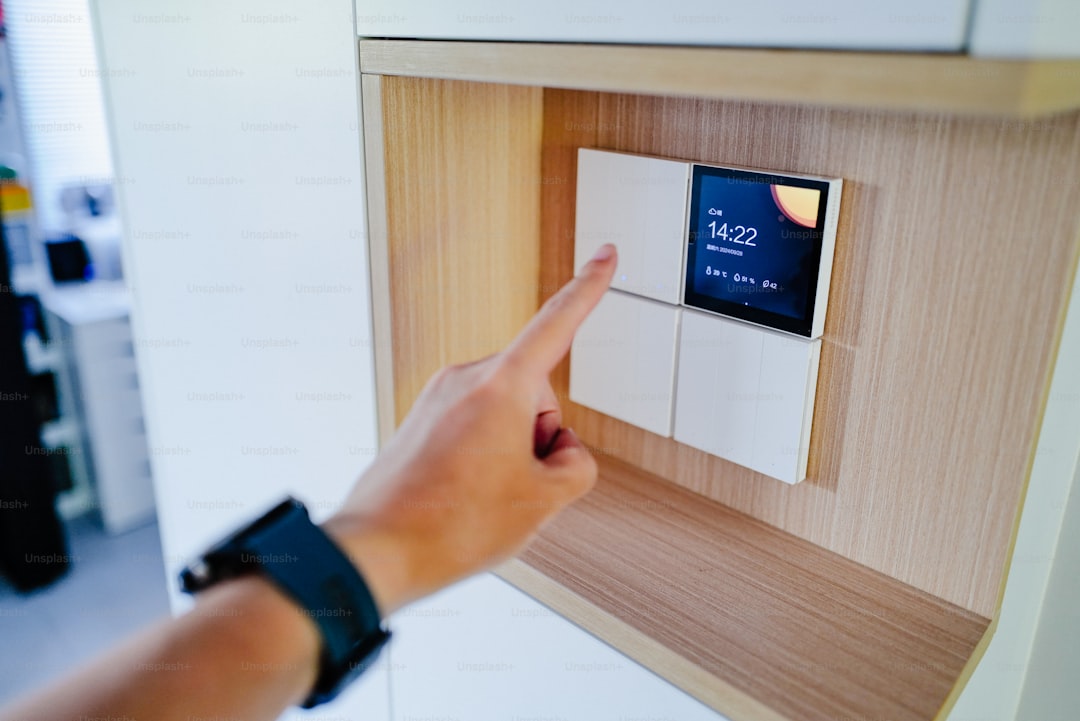From Corporate Burnout to Boutique Success: Rachel's Mountain Retreat Transformation

The Breaking Point
At 3:47 AM on a Tuesday in March 2019, Rachel Chen stared at her laptop screen in her San Francisco high-rise apartment, finally admitting what she'd been avoiding for months: her life was spiraling toward a breakdown. As Vice President of Engineering at a major tech company, she managed 200 employees, earned a seven-figure salary, and lived in a penthouse with panoramic bay views. She was also working 80-hour weeks, taking anxiety medication, and hadn't taken a real vacation in three years.
"I had everything I thought I wanted," Rachel reflects, sitting on the wrap-around porch of Wildflower Mountain Lodge, the 16-room retreat she now owns in the Blue Ridge Mountains of North Carolina. "But I felt completely empty. Success felt like slow-motion drowning."
The breaking point came during a particularly brutal product launch when Rachel found herself sleeping in her office for five consecutive nights. "I woke up on my office couch, looked outside at the beautiful San Francisco morning, and realized I couldn't remember the last time I'd actually noticed a sunrise. That's when I knew something had to change."
The Unlikely Discovery
Rachel's path to hotel ownership began with a desperate need for escape. On her doctor's orders, she took her first real vacation in years – a solo hiking trip to North Carolina's Blue Ridge Mountains. She booked a room at Wildflower Mountain Lodge, a struggling 16-room property that had been family-owned for forty years.
"The place was a disaster," Rachel laughs, remembering her first impression. "Outdated rooms, broken WiFi, a leaking roof, and a dining room that smelled like mothballs. But something about it felt magical. Maybe it was the mountain views, or the owner's genuine warmth, or just being disconnected from technology for the first time in years. I felt more relaxed in that rundown lodge than I had in months at my luxury apartment."
The lodge's owner, 78-year-old Martha Hendricks, had been trying to sell the property for two years. Her children lived in other states, maintenance costs were overwhelming her fixed income, and bookings had declined steadily as newer, more modern properties opened nearby.
"Martha and I talked for hours about the lodge's history, the families who'd vacationed there for generations, the local community it supported," Rachel recalls. "She wasn't just selling a business – she was trying to find someone who would preserve a legacy."
The Leap of Faith
Returning to San Francisco, Rachel couldn't stop thinking about the lodge. She began researching the hospitality industry, analyzing the property's financials, and imagining how she might transform the struggling business. Six months later, she made a decision that shocked everyone who knew her: she resigned from her tech job and purchased Wildflower Mountain Lodge for $1.2 million.
"People thought I'd lost my mind," Rachel admits. "I went from managing software teams to owning a failing hotel in rural North Carolina. My parents were convinced I was having a midlife crisis at 34. My colleagues thought I'd been secretly planning this for years. Truth is, I had no plan – just an overwhelming certainty that this was my path forward."
The first challenge was financial. Despite her tech salary, the property purchase consumed most of Rachel's savings. She moved into the lodge's small owner's apartment, essentially becoming a live-in manager while learning the hospitality business through trial and error.
Learning Through Crisis
Rachel's first year was a masterclass in humility and problem-solving. "Tech had taught me to analyze systems and optimize processes," she explains. "But hospitality is fundamentally about human connection, something you can't code or automate. I had to learn empathy, patience, and the art of genuine service."
The learning curve was steep and expensive. A burst pipe flooded three rooms during Rachel's second month, requiring $15,000 in emergency repairs. The lodge's ancient boiler failed during a busy weekend, leaving guests without hot water. Rachel's inexperience with hospitality software led to double-booked rooms and frustrated visitors.
"I cried more in my first six months as a hotel owner than I had in my entire corporate career," Rachel admits. "But something about those challenges felt meaningful. When I solved problems at the tech company, I was optimizing code. Here, I was preserving people's vacation memories and supporting a community that depended on tourism."
Martha Hendricks became Rachel's unofficial mentor, spending hours teaching her everything from reading guest preferences to managing seasonal staff. "Martha could have walked away after the sale, but she genuinely cared about the lodge's future. Her guidance was invaluable – and her introduction to local suppliers and community leaders was essential."
Building Community Connections
Rachel quickly learned that success in rural hospitality depends on community relationships. She began sourcing breakfast ingredients from local farms, featuring regional crafts in the lodge's gift shop, and partnering with area outfitters for guest activities.
"In tech, competition was zero-sum – your success meant someone else's failure," Rachel notes. "In mountain hospitality, collaboration is survival. The hiking guide who takes our guests on adventures also recommends us to his other clients. The farm that supplies our eggs sends visitors to stay with us. Everyone's success is interconnected."
These relationships proved crucial during the 2020 pandemic. When travel restrictions devastated the hospitality industry, local partners supported Rachel's pivot to serve regional guests seeking safe outdoor escapes. The lodge's isolated location and outdoor focus became competitive advantages during a time when many hotels struggled to attract visitors.
The Transformation Vision
By her second year, Rachel had stabilized operations enough to begin the lodge's transformation. Drawing on her analytical background, she identified key areas for improvement: guest experience, operational efficiency, and revenue optimization.
The renovation focused on enhancing rather than replacing the lodge's rustic character. Rachel updated all 16 rooms with modern amenities while preserving original hardwood floors and stone fireplaces. She added high-speed internet (essential for remote workers) while maintaining the property's digital detox atmosphere.
"I learned that guests come to mountain lodges for authenticity, not luxury," Rachel explains. "They want comfortable beds, reliable WiFi, and genuine hospitality – but they also want to feel connected to the natural environment and local culture. My job was enhancing that connection, not creating artificial experiences."
The lodge's common areas received similar treatment. The dining room was renovated to showcase mountain views, while the great room fireplace became a gathering space for evening wine tastings featuring local vineyards.
Financial Turnaround
Rachel's business background proved valuable in analyzing revenue streams and optimizing pricing strategies. She implemented dynamic pricing models that adjusted rates based on demand, season, and local events. She also diversified revenue through wedding hosting, corporate retreats, and seasonal activities.
"Tech taught me to think in systems and data," Rachel notes. "I applied those skills to hospitality, tracking guest satisfaction metrics, analyzing booking patterns, and optimizing operational workflows. But I always balanced data with intuition – hospitality requires human judgment that no algorithm can replace."
The financial transformation was dramatic. In her first year, Rachel's inexperience led to a $50,000 loss. By year three, Wildflower Mountain Lodge was generating $180,000 in annual profit on $850,000 in revenue. Average daily rates increased from $95 to $165, while guest satisfaction scores improved from 3.2 to 4.7 stars.
Personal Transformation
The lodge's success mirrors Rachel's personal journey from corporate burnout to entrepreneurial fulfillment. "In tech, I measured success through promotion milestones and salary increases," she reflects. "Now, success means guests leaving renewed and inspired, employees feeling valued and supported, and the local community benefiting from tourism."
Rachel's daily routine reflects this transformation. She starts each morning with coffee on the lodge's porch, greeting guests and planning the day's activities. She knows regular visitors by name, remembers their preferences, and follows up on their experiences. "This level of personal connection was impossible in corporate life. Here, relationships are both the means and the end."
The stress of hotel ownership differs qualitatively from corporate pressure. "In tech, stress came from artificial deadlines and office politics," Rachel explains. "Here, stress comes from real challenges – guest satisfaction, employee wellbeing, community relationships. It's pressure with purpose."
Lessons in Leadership
Managing lodge staff required different skills than leading engineering teams. "Tech workers are highly educated, well-compensated, and motivated by career advancement," Rachel notes. "Hospitality workers often have different backgrounds and motivations. I had to learn new ways of inspiring and supporting people."
Rachel implemented profit-sharing programs for year-round staff and created advancement opportunities within the lodge's operations. She also invested in training programs that helped seasonal workers develop transferable skills.
"The best management lesson I learned in hospitality is that taking care of employees directly translates to guest satisfaction," Rachel observes. "Happy staff create memorable experiences. Stressed, undervalued workers can't deliver genuine hospitality, no matter how well-trained they are."
Scaling Without Losing Soul
Three years into ownership, Rachel faces decisions about potential expansion. Local properties have come available, and her success has attracted partnership inquiries from hospitality investors.
"The temptation to grow quickly is real," Rachel admits. "My tech background makes me think in scale and market dominance. But I've learned that in hospitality, bigger isn't always better. This lodge works because it's manageable, personal, and connected to its community. Scaling too rapidly could destroy what makes it special."
Instead of physical expansion, Rachel has focused on deepening the lodge's community connections and enhancing guest experiences. She's added yoga retreats, art workshops, and seasonal festivals that strengthen ties with local artists and producers.
Industry Recognition
Wildflower Mountain Lodge's transformation has earned recognition from hospitality publications and travel organizations. The property received the 2023 Boutique Hotel of the Year award from the North Carolina Tourism Association and was featured in Southern Living magazine's "Hidden Gems of the Blue Ridge."
More meaningful to Rachel are the personal testimonials from guests whose lives have been touched by their lodge experiences. "We've hosted marriage proposals, family reunions, executive retreats that changed company cultures, and solo travelers who found clarity during difficult life transitions. Those stories matter more than any industry award."
Future Vision
Rachel's plans for Wildflower Mountain Lodge reflect her evolution from corporate efficiency expert to community-centered entrepreneur. She's developing partnerships with local wellness practitioners to offer retreat programs, working with area farms to create farm-to-table dining experiences, and exploring sustainable energy initiatives.
"My vision isn't to build a hotel empire," Rachel explains. "It's to create a place where people can reconnect – with nature, with each other, and with themselves. If we can do that consistently, profitability and recognition will follow naturally."
The lodge's success has also inspired Rachel's involvement in regional tourism development. She serves on the Asheville Area Tourism Board and mentors other career-changers considering hospitality entrepreneurship.
Advice for Career Changers
Rachel's experience offers insights for professionals considering dramatic career transitions:
Follow authentic passion, not escape impulses: "Make sure you're moving toward something meaningful, not just away from something unpleasant."
Prepare financially for uncertainty: "Career changes are expensive and unpredictable. Having financial cushions allows you to make better decisions."
Embrace beginner's mind: "Success in one field doesn't automatically translate to another. Be willing to learn from scratch."
Value mentorship: "Find people who've succeeded in your target industry and learn from their experience."
Define success personally: "Don't let others' definitions of achievement drive your decisions. Know what fulfillment means to you."
The Continuing Journey
As evening settles over the Blue Ridge Mountains and guests gather around the lodge's fire pit, Rachel reflects on her transformation from burned-out executive to fulfilled entrepreneur. "I wouldn't trade this life for anything – not the salary, not the prestige, not the security of corporate employment. This work has meaning that goes beyond profit."
Rachel's journey from Silicon Valley to the North Carolina mountains illustrates that career transformation is possible at any stage of life. Her success at Wildflower Mountain Lodge proves that authentic passion, combined with transferable skills and unwavering commitment, can create both personal fulfillment and business success.
"The best part isn't the lodge's financial performance or industry recognition," Rachel concludes, watching fireflies begin their evening dance. "It's knowing that every day, I'm creating experiences that matter to people, supporting a community I love, and living according to my values. That's success you can't measure in stock options or performance bonuses."
Wildflower Mountain Lodge stands as testament to the transformative power of aligned purpose, proving that sometimes the biggest professional risks lead to the most meaningful rewards.



